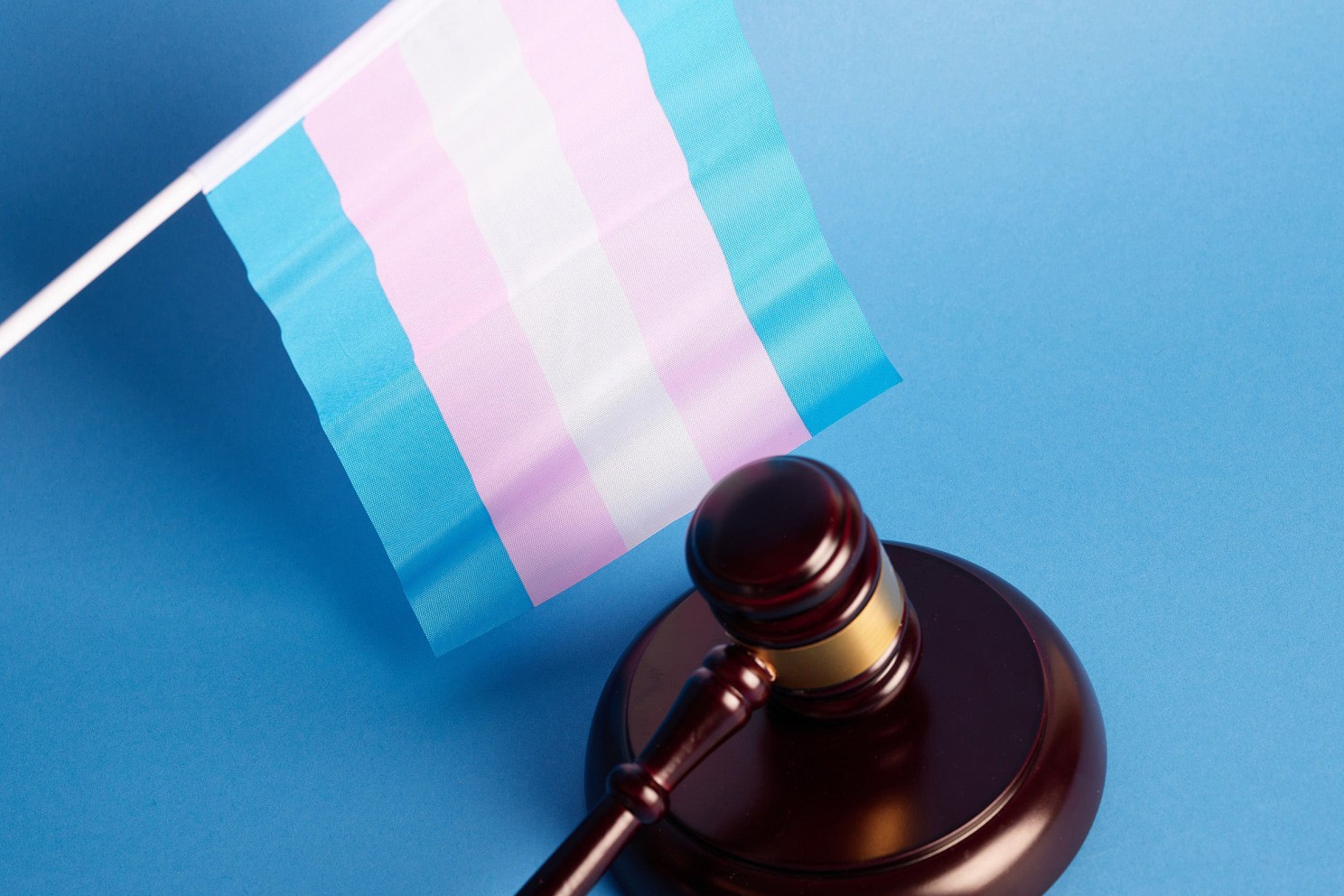Center for Health Law and Policy Innovation celebrates wins for transgender rights

The Focal Point/Flickr
The Center for Health Law and Policy Innovation of Harvard Law School (CHLPI) recently reported major wins in the courts for the rights of transgender and gender nonconforming individuals.
The first win came from Kadel v. North Carolina State Health Plan for Teachers & State Employees, a lawsuit brought by a small group of transgender people and parents of transgender people enrolled in a state health insurance plan that categorically excludes coverage of gender affirming care, including counseling, hormone therapy, and surgical care. The plaintiffs alleged that this policy violates the anti-discrimination provisions of the Affordable Care Act, known as Section 1557. The lower court ruled in favor of the plaintiffs, finding it permissible for the plaintiffs to seek money damages, despite a legal doctrine that sometimes protects government entities from such suits, known as “sovereign immunity.”
As the case was appealed to the U.S. Court of Appeals for the Fourth Circuit, CHLPI and Professor Kevin Barry of Quinnipiac Law School co-authored an amicus brief supporting the plaintiffs and providing critical context about health care discrimination against transgender people and its consequences, as well as the importance of robust enforcement of laws that prohibit such discrimination. The Court held that the state insurance plan was not immune from liability for damages in the plaintiffs’ lawsuit.
“This win is a significant victory for the plaintiffs, and many other health care consumers, who will now be able to enforce meaningfully their right to be free from discrimination in states that are subject to the Court’s ruling,” said Kevin Costello, Litigation Director for CHLPI and Lecturer on Law at Harvard Law School. “We hope the case will now proceed in the lower court, where the plaintiffs can have a thorough hearing of the harm that this state sanctioned discrimination has caused them.”
The second win was from Shorter v. United States of America, where the U.S. Court of Appeals for the Third Circuit reversed the lower court’s dismissal of the case, holding that Chrissy Shorter — a transgender woman who was sexually assaulted while in federal prison — had adequately pled that prison officials violated the 8th Amendment by deliberately acting indifferent to the risk that she would be harmed. Following the leadership of the Harvard Law School LGBTQ+ Advocacy Clinic, CHLPI co-authored an amicus brief advocating for justice for transgender people confined in prisons.
CHLPI’s litigation program also received a favorable decision from a federal court last month allowing a lawsuit challenging the Trump Administration’s rollback of health care nondiscrimination protections to continue.
“We are proud to see the hard work of our clinical staff and students turn into impactful, life-saving change for members of the LGBTQ+ community, particularly those who are transgender or gender non-conforming,” said Robert Greenwald, faculty director of the Center for Health Law and Policy Innovation. “There is a long way to go to secure equal rights, and we will continue fighting for those health care rights in the courts as litigators and amici.”





